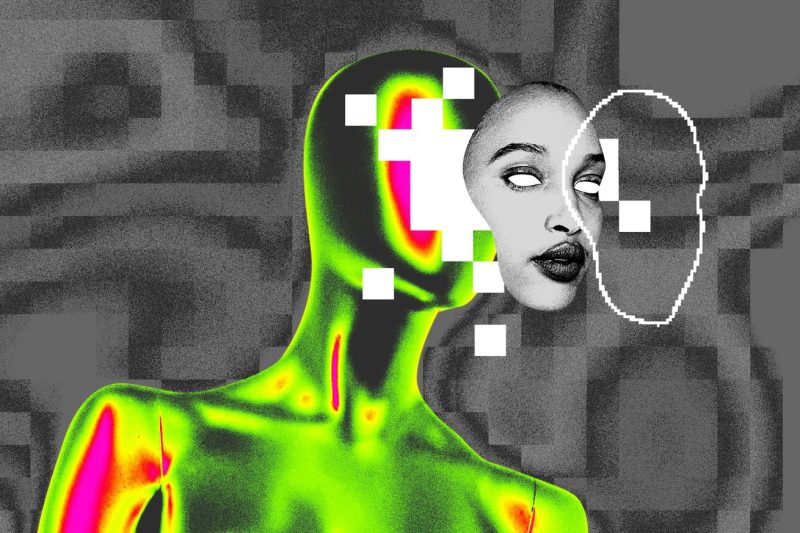The rise of AI-powered undressing websites faces legal challenges
Recently, the increasing popularity of AI-powered undressing websites has sparked massive controversy and legal issues. These websites, which employ artificial intelligence algorithms to create realistic nude images of individuals, have faced significant backlash and are now in the midst of lawsuits and legal battles due to privacy concerns and violations.
Several technology companies have been accused of developing and operating these websites without the consent of individuals whose images are being used. The algorithms utilized by these platforms are capable of generating convincing nude images by digitally removing the clothing of the person in the original photo. While the technology itself is impressive and showcases the advancements in AI, the ethical and legal implications are profound.
One of the key concerns raised by privacy advocates and legal experts is the infringement of individuals’ right to privacy and consent. The unauthorized creation and dissemination of nude images without the explicit consent of the individuals depicted in the photos are not only a violation of privacy but also a form of digital exploitation. These websites essentially allow anyone to generate fake nude images of individuals without their knowledge or approval, opening the door to various forms of abuse and harassment.
Furthermore, the commodification of non-consensual nude images raises serious questions about the ethical implications of such technology. The objectification of individuals and the potential for these images to be used for malicious purposes underscore the need for robust legal protections and regulations to prevent the abuse of AI technology in this manner.
In response to these concerns, several lawsuits have been filed against the operators of AI-powered undressing websites. Legal actions are primarily centered around allegations of privacy invasion, copyright infringement, and the unauthorized use of individuals’ likenesses for commercial purposes. Plaintiffs are seeking damages and injunctions to shut down these platforms and hold the responsible parties accountable for their actions.
As the legal battles intensify, the fate of AI-powered undressing websites hangs in the balance. Whether these platforms will be able to continue operating in the face of legal challenges or face significant repercussions remains to be seen. The outcome of these lawsuits will undoubtedly set a precedent for future cases involving AI-generated content and the ethical boundaries of technological advancements.
In conclusion, the proliferation of AI-powered undressing websites has thrust the intersection of technology and privacy rights into the spotlight. The legal challenges facing these platforms underscore the urgent need for robust regulations and ethical guidelines to govern the use of AI in sensitive contexts. As society grapples with the implications of these advancements, the protection of individuals’ privacy and consent must remain paramount in the digital age.


























